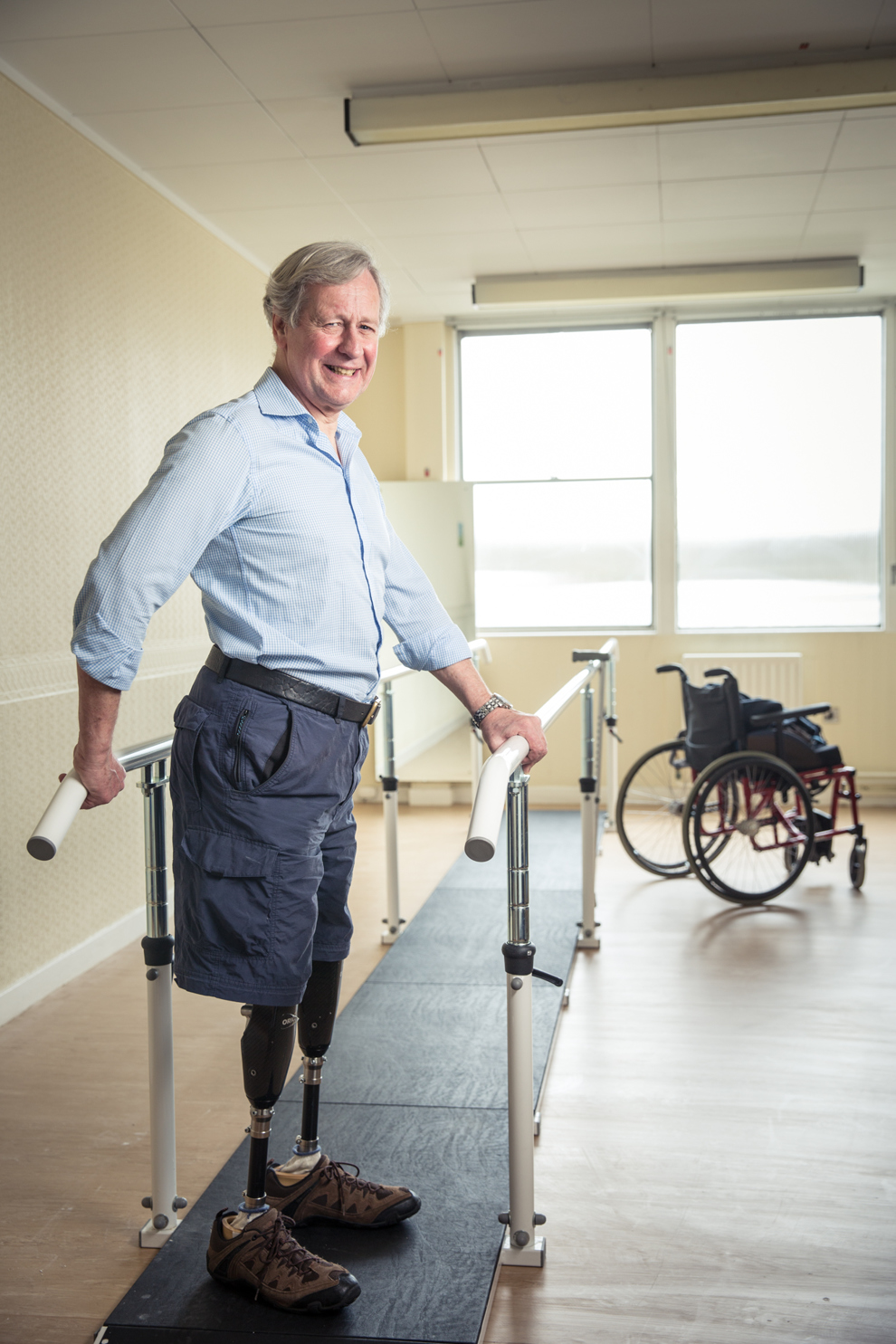The start of a new year is often a time when we look forward to what we will be doing once the days last longer and start to get warmer.
It is also a time when many set themselves new goals or targets. Much is made of New Year resolutions but many are forgotten by the time we get to February. Many of you will have bought a 2021 diary or been gifted one and I have a suggestion for how you can make use of that diary to help you through the year.
A diary is a good way to make a note of what you have done, not just record events to come. I am sure you are all aware of some important historical diaries, such as that of Samuel Pepys around the time of the Great Fire of London. Anne Frank and her diary gave us a glimpse into the life of a young Jewish girl hiding from German occupation in Holland. The Secret Diary of Adrian Mole Aged 13 ¾ (fiction) tells us of his troubles as a teenager. But what has all of this got to do with Living with loss of limb or loss of use of limb or any long term condition?
I advocate that anyone living with a long term health condition should keep a diary. A day to day account of how you are feeling or how your condition is affecting you can be very useful. It can help you to identify patterns that over time might lead to better diagnosis or treatment. It can help you to see where there are changes and what might have influenced those changes and whether that has been positive or negative change. This in turn provides you with a clear and documented series of events that give you an element of understanding and some control.
This information is also very helpful for clinicians that are trying to help you. Time with clinical teams is precious and often very limited. By being able to provide concise and accurate information from a diary you can help them to help you.
Some tips on what you might wish to make a note of in your diary:
- General health and wellbeing – simply make a note of your mood, any aches and pains or general sense of health and wellbeing on any given day. Note any changes from the day or week before
- Physical condition – note any physical differences in parts of your body that are relevant such as sores (including pressure sores/spots), swelling or changes in shape (relevant for residual limb/stump)
- Note any difficulties in carrying out activities that you would normally be able to do without an issue. What is difficult and have you found an alternative way to do it (this might not be the best solution so it is useful to know what you are now doing)
- Mobility Aids/Prostheses use – Has your use of a mobility aid or prostheses changed and if so how? What were you doing when you noticed the change and what was it that you noticed/felt. For example, walking on uneven ground using your prosthesis caused pain in the front of the stump and on looking you see a red mark on the skin in the same area. Or you noticed that on a particular day your shoulders hurt when you woke up and you had used your wheelchair more the day before.
- Changes in medication – note any changes to your medication. Some medication can cause side effects that might impact on your mobility or other conditions. For example, some meds might cause swelling and this can have an impact on your prosthetic limb socket fit.
- Set goals or targets – and then make a note if you have managed to achieve what you wanted. This is helpful to motivate you day to day. Looking back on where you were and seeing improvement is good, even in small steps. Set SMART goals (Specific, Measurable, Achievable, Relevant & Timed)
- Share – the point of all of this is that you can share relevant detail with your clinician/prosthetist/physiotherapist etc.
The above list is not exhaustive and the beauty of your diary is that it is yours. It might help others to help you, but overall it is about giving you something to focus on and use to reflect on your situation and make positive changes. The detail you include is personal too, add as little or as much as you feel is useful.
You may like the idea of a hand written diary but using digital technology is also possible using your Smart Phone, IPAD or other Tablet or computer. The advantage of using digital media is that this should be easier to share with others when needed and you might be able to add other information such as links to online information or add photographs (useful for recording physical changes or injuries).

If you have a question or would like advice about prosthetics, please contact BSO (Prosthetics) Brian Chenier on 020 8548 7080, at bsoprosthetics@blesma.org
We can help
We are dedicated to assisting serving and ex-Service men and women who have suffered life-changing limb loss or the use of a limb, an eye or sight. We support these men and women in their communities throughout the UK. Click the link below to find out the different kinds of support we offer.
Get Support
Leave a comment
Join fellow Members and supporters to exchange information, advice and tips. Before commenting please read our terms of use for commenting on articles.